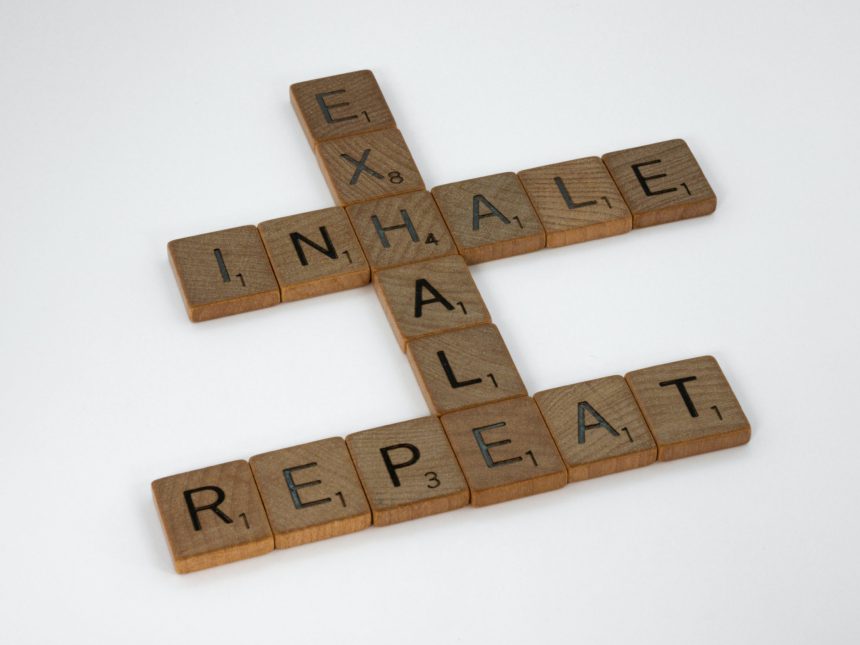Stress of War
In the wake of the past two weeks, grief, pain, anger, and fear have become all too familiar. These feelings persist, amplified by the stress and fear that accompany war and the constant threat of terrorism.
As humans, our bodies have evolved coping mechanisms to deal with danger and stress. Our Sympathetic Nervous System (SNS) triggers the “Fight or Flight” response in immediate threats. However, when short-term stress becomes chronic, it keeps us in a perpetual state of survival, affecting both our mental and physical well-being. This ongoing stress is known as allostatic load, where constant high stress levels lead to a decline in our body’s normal functioning.
Despite our bodies not being naturally equipped to handle sustained stress and fear, we are adaptable, resilient, and social beings who have developed physical and psychological strategies to cope. To learn how to manage extreme stress during these challenging times, continue reading to discover daily practices that can help alleviate the strain on your body.
Physical vs. Psychological Stressors – How We’re Facing Both
Physical stress is the response to immediate life-threatening situations. Here, our adaptive fight or flight response kicks in to ensure the highest level of survival. You will start to feel your heart racing, a heightened sense of awareness and memory, and internally your body is mobilizing your glucose storage (a source of reserved energy) in case it’s needed to run or fight off an enemy.
Psychological stress is in response to anticipating or experiencing a threat that isn’t physically life-threatening. Despite this form of stress impacting most people more consistently than a physical stressor, the innate stress response system launched by the SNS is not adapted to this form of stress. This can explain why, despite not being in physical danger, you might still experience the symptoms listed above.
A time of war combined with extreme terror leads to both physical and psychological stressors. While sirens signal us to activate our fight or flight systems as we are in active physical danger, the constant worrying if another attack will be launched or if our loved ones on the front lines are safe evokes constant psychological stress. The combination of these two forms of stressors overwhelms our systems, ultimately forcing our adaptive stress response system to go into overdrive, even if we are not in immediate physical danger. This can lead to physical symptoms that, if left untreated, can ultimately lead to disease. Examples of this, if untreated, include the stress response of high blood pressure leading to chronic hypertension and ultimately other cardiac issues.
Mediating the Allostatic Load – What We Can Do to Help Ourselves and Others
To prevent allostatic load, or the “wear and tear on the body” which accumulates due to repeated or chronic stress, we must engage in healthy behaviors, both physically and mentally. Physically healthy behaviors to engage in include physical activity, eating nutritious food, breathing exercises to calm our SNS, consistently taking all previously prescribed medicine, and staying up to date with your health examinations. It has been proven that mental and social initiatives significantly increase our bodies’ resilience to these types of stressors as well. Activities that increase resilience include engaging with people and groups that are socially supportive, as well as continuing with activities that give you a sense of purpose.
If you or a loved one are suffering from stress-induced symptoms that are not resolved with treatment at home or are worsening, it is advisable to consult with a doctor. Trouble breathing, a long-lasting increased heart rate, changes in consciousness, or chest pain are all reasons to seek urgent medical care.
The family doctors at our clinic are experienced in treating both adults and children as young as 18 months. Please reach out to see if we can assist with any of your medical needs during this time. Being aware of the possible health concerns associated with this war, whether you are a citizen or traveling in Israel, can help reduce stress and ensure you stay healthy during this difficult time.
On behalf of the Tel Aviv Doctor team, we are hoping for better times and wish that you and your loved ones remain safe.



